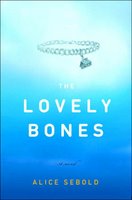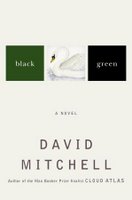 (Warning: profanity ahead)
(Warning: profanity ahead)Absurdistan
Gary Shteyngart
Has anyone read this book? If so, can you explain what's so funny about it? Cause I read half of it, and I refuse to torture myself anymore during this glorious summer. This book fucking blows.
I rarely buy hardcover books. If I do, it better be worth my money. Unfortunately, my no-hardover policy prevents me from reading the newest books, causing me to wait months, even years, before the paperback version arrives. I thought: no more! I will read new releases! Bring on Gary Shteyngart!
Somewhere, God is laughing.
Ok so the story is about Misha, a rich, fat, Jewish Russian whose father is recently deceased. Because his father murdered an American, Misha is exiled in Eastern Europe, unable to return to America, the land of his dreams, his friends, and his love, a Puerto Rican stripper who (and, remember, I've stopped the book halfway through) appears to be using him fo
 r his money. The scenes are so tedious, so not funny, I'm surprised I got as far as I did.
r his money. The scenes are so tedious, so not funny, I'm surprised I got as far as I did. The only funny part (when Misha raps) appears at the beginning of the book. It's this same section I read in a review - the same review that convinced me to buy the book, I might add. Unfortunately, the funny is discontinued by about, oh, page 10. And there's about 350 pages in the book. Oh, and all the characters are bloody boring cows, so it's not like you can cling to them, either.
In a nutshell: Take A Confederacy of Dunces, make Ignatius Russian, kill off both parents, and then SUCK OUT ALL THE MOTHERFUCKING HUMOR. Now you've got Absurdistan.
And now to top it all off I'm stuck with the hardcover.
Bibliolatry Scale: abandoned












